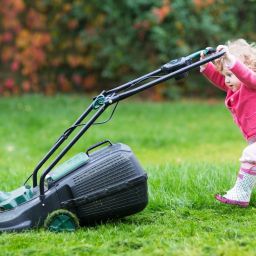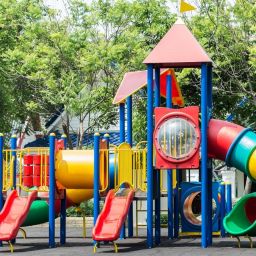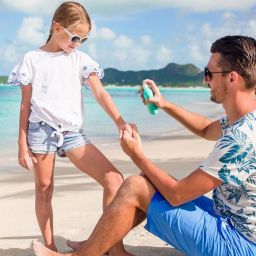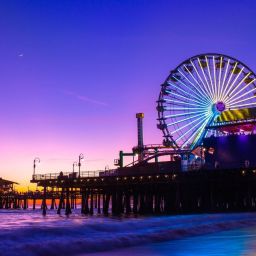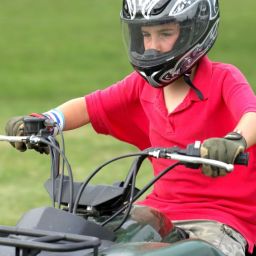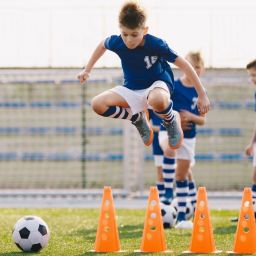Fourth of July Celebration
Americans celebrate the country’s Independence Day each year on July 4th, better known as “The Fourth of July.” This holiday is filled with several outdoor activities that include but are not limited to grilling, swimming, spending time with family and friends, and watching fireworks. Since this celebration takes place in the summer, it is also critical to ensure proper hydration and protection from excessive heat.
Fireworks Safety
One of the largest concerns associated with “The Fourth of July” is fireworks safety. Fireworks may cause a number of injuries to the human body, with more than 44% of those injuries being burns.(1) Some additional injuries that may occur include bruises, cuts, and foreign objects in one’s eyes.(2) It is estimated that around July 4th every year, emergency departments across the country see over 250 fireworks-related injuries per day.(3) Some common safety tips for fireworks include keeping fireworks away from children and always having an adult present to supervise.(1) Individuals should refrain from buying fireworks packaged in brown paper bags as well, as these could be rather dangerous.(1) Fireworks should not be re-ignited if they do not appear to function properly at first.1 They should never be pointed at another individuals and should never be placed in containers.(1) At all times, individuals should have at least a bucket of water at hand in case of emergency.1 Most importantly, individuals should maintain a safe distance from where the fireworks are being set off.(2)
Additional Safety Precautions
Individuals should also be wary of the warm temperatures around the Fourth of July. They should drink adequate fluids, especially water.(4) They should also avoid liquids that contain alcohol or excessive sugar, which may cause them to lose fluids.4 Sunscreen of SPF of 15 or more is recommended as well as protection with hats and sunglasses.(4)
Picnics also often occur on the Fourth of July. It is recommended that individuals use food thermometers to ensure that food is cooked thoroughly.(4) They should also avoid leaving food out at room temperature for more than 2 hours duration.(4) If swimming, adults should always supervise children playing around water.(4) It is recommended to pay attention to weather forecasts in the event of lightning or strong winds.(4) Lastly, at night, it is recommended to use insect repellants that contain adequate protection against mosquitoes and other insects.(4) Long-sleeve shirts and pants are also recommended to help ward off unwanted insects.(4)
References
(1)Fireworks Information. CPSC.gov. https://www.cpsc.gov/Safety-Education/Safety-Education-Centers/Fireworks. Published 2020. Accessed April 14, 2020.
(2)Five Minute Weekly Tip Fireworks – Family Health – CDC. CDC.gov. https://www.cdc.gov/family/minutes/tips/fireworks/index.htm. Published 2020. Accessed April 14, 2020.
(3)The Fourth of July: FEMA Promotes Safety and Preparedness | FEMA.gov. Fema.gov. https://www.fema.gov/news-release/2018/07/03/fourth-july-fema-promotes-safety-and-preparedness. Published 2020. Accessed April 14, 2020.
(4)Prevention C. Prepare to be patriotic! | | Blogs | CDC. Blogs.cdc.gov. https://blogs.cdc.gov/publichealthmatters/2017/06/prepare-to-be-patriotic/. Published 2020. Accessed April 14, 2020.



